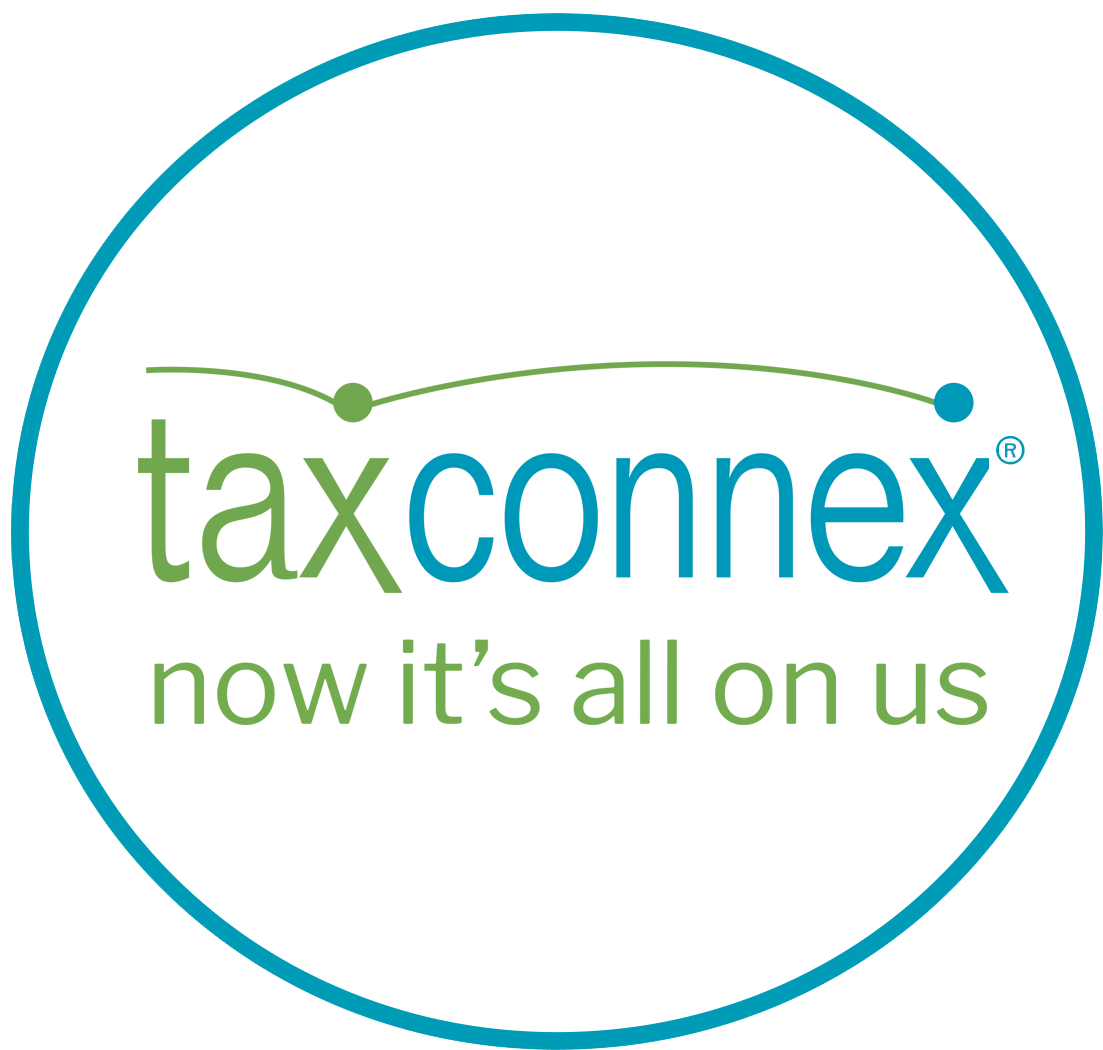What is a marketplace facilitator?
Laws governing marketplace facilitators popped up a few years ago when states began to realize that sales platforms like Amazon were taxing sales of their products but not necessarily charging sales tax on third-party (aka “marketplace”) sales. This produced a gap in tax collection that revenue-hungry states quickly looked to close.
States’ definition of a marketplace facilitator vary almost as much as the galaxy of sales tax laws. But generally, a marketplace facilitator is a business or organization that contracts with third parties to sell goods and services on its platform and facilitates retail  sales. Marketplace facilitators enable these sales by listing the products, taking the payments, collecting receipts, and in some cases assisting in shipment.
sales. Marketplace facilitators enable these sales by listing the products, taking the payments, collecting receipts, and in some cases assisting in shipment.
Examples in states
Let’s look at Iowa which says that marketplace facilitators facilitate retail sales by providing infrastructure (i.e. listing the product on the marketplace, communicating offer or acceptance of a retail sale, providing the physical or electronic marketplace, etc.) or support (i.e. customer service, fulfillment or storage services, etc.) for retail sales to occur; and by collecting the sales price, processing payments, or receiving compensation from the retail sale.
Marketplace facilitators who generate $100,000 or more in sales, or generate sales in 200 or more separate transactions, must get an Iowa retail sales tax permit and file sales tax returns.
Facilitators also differ from sellers in compliance obligations. In Iowa, for instance, if a marketplace facilitator did not meet the small remote seller exception threshold in a calendar year and the marketplace seller exceeded the thresholds in that calendar year, the marketplace seller must collect Iowa sales tax and applicable local option sales tax on retail sales made on the marketplace.
That sounds like it can let facilitators off the compliance hook, at least in some years and in some states. But tracking requirements (not to mention relationships with sellers) across thousands of tax jurisdictions can become quite a burden.
Facilitators must abide by sales and use tax rules in many states and jurisdictions now, most recently in Georgia, Hawaii, Wisconsin, Illinois, Michigan, South Carolina and North Carolina.
In fact, almost all states make the facilitator, not the seller, responsible for sales tax. Starting this October, Tennessee will require marketplace facilitators to collect and remit sales tax on behalf of third-party sellers – regardless of whether the seller would be required to collect Tennessee sales or use taxes had the sale not been facilitated by the marketplace. Even in Alaska, which has no statewide sales tax, local jurisdictions have joined together in mandating collecting sales tax with its Remote Seller Sales Tax Commission.
Facilitators might argue that they’re not actually doing the selling, only facilitating it. States will likely continue to disregard that reasoning; they seem to believe that many sellers may fall beneath nexus thresholds, potentially translating into a lot of lost tax revenue.
Safe to say that with states’ revenues now reeling from the pandemic, they will only get tougher on marketplace facilitators.
Best tips
If you’re a marketplace facilitator, what’s your best move to stay in compliance?
-
Keep track of nexus thresholds wherever you have sales. Also realize that some states may let facilitators opt out of marketplace facilitator laws if they comply with other tax reporting.
-
Remember that in some states, facilitators must file separate returns for direct sales and indirect sales.
-
Provide or develop simple options for your sellers to pull sales tax reports from your platform so they can file their own sales tax returns when/if necessary.
Contact us to learn about the latest developments and how to remain compliant even with the ever changing laws of sales and use tax.






.png?width=1200&height=628&name=2023%20logo%20with%20SOC%20and%20clearly%20rated%20(2).png)